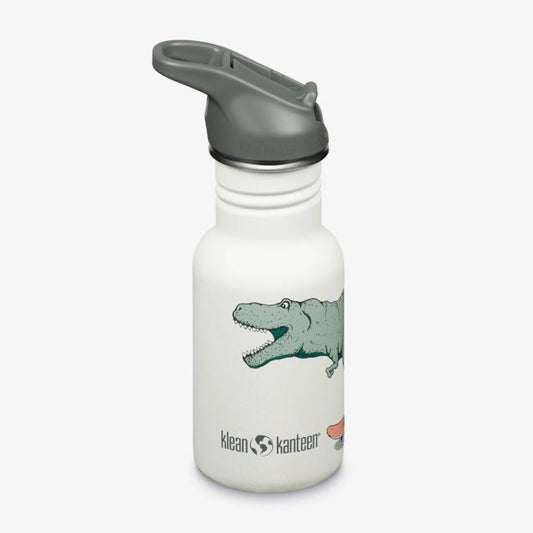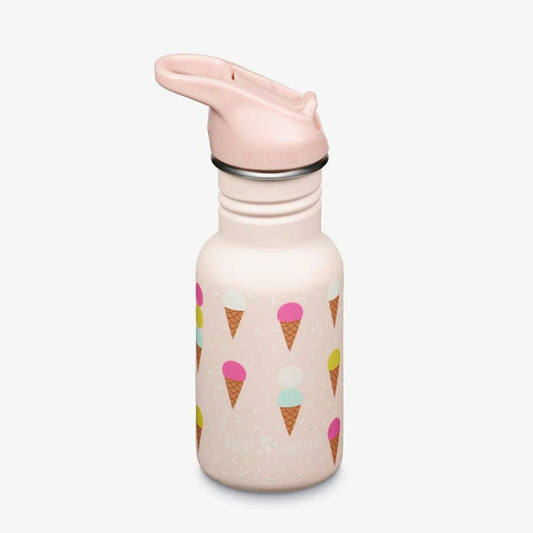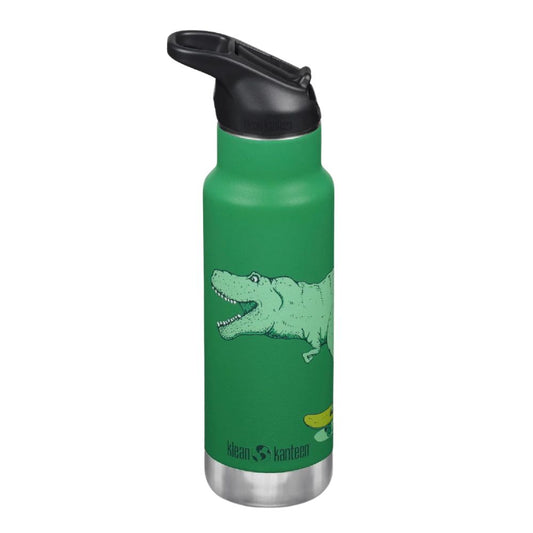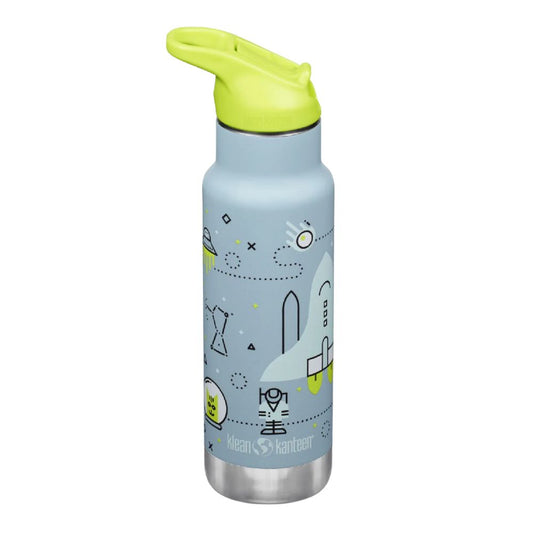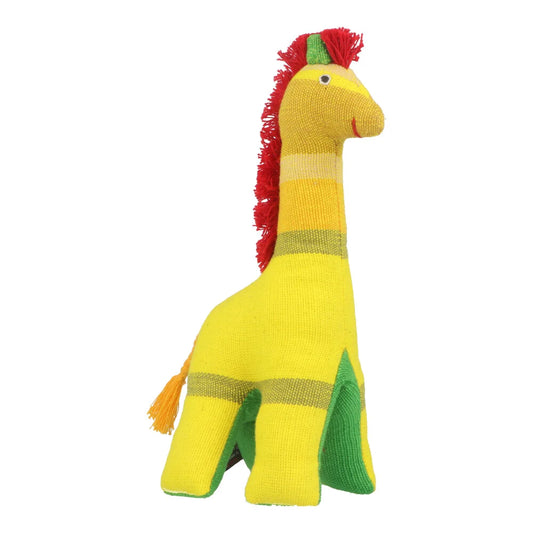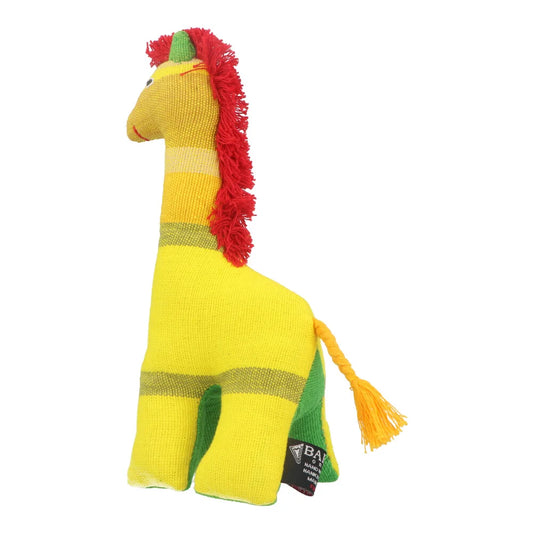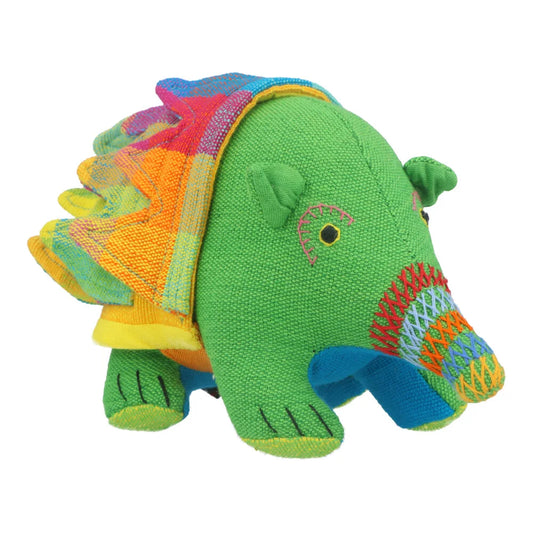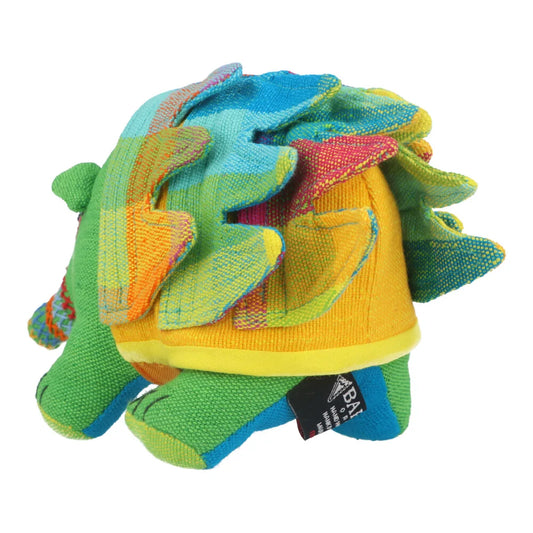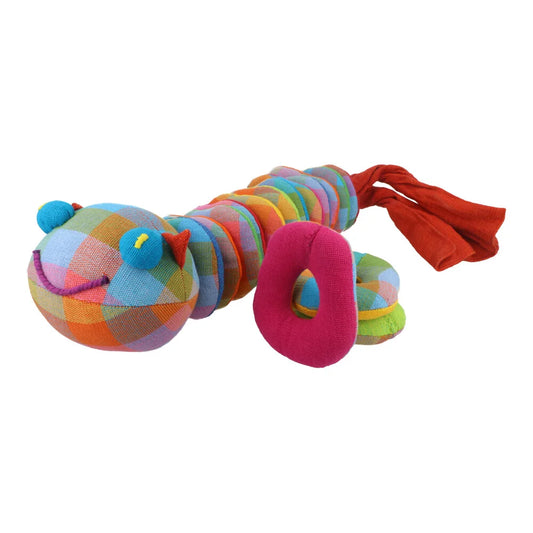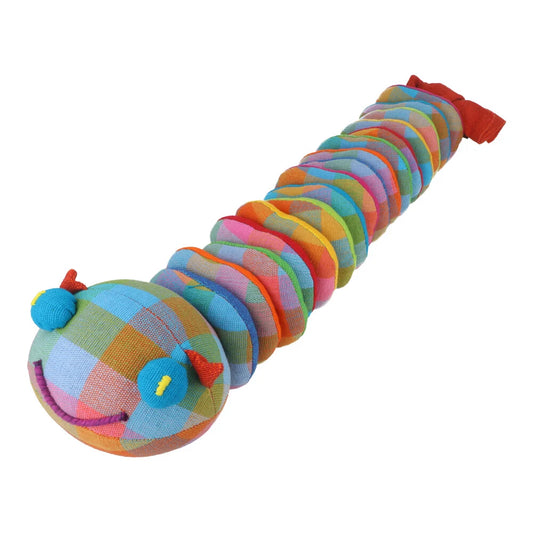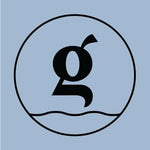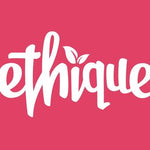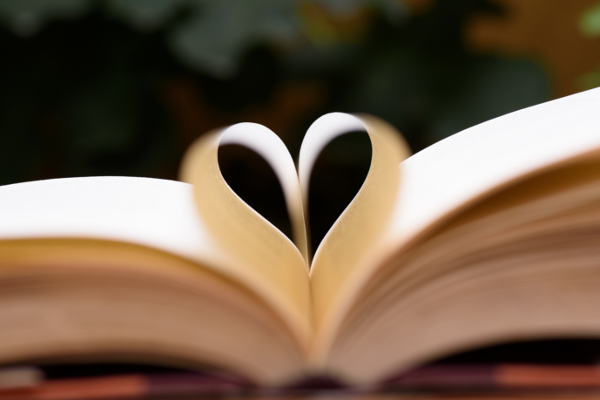
Books are awesome, period. At Biome, we love reading books about gardening, beekeeping, vegan recipes and sustainable-living. We also love books that teach us about environmental issues, and it's these books we're focusing on today. As consumers, we're becoming more aware and proactive in the choices we make. We're learning about our impact on the environment, our place in it, and have a passion to see sustainable change in the world. Therefore, it only makes sense that we educate ourselves on the environment itself, and what better way to do that (except for our blog, of course!) than through books. We've collated the Top 10 Environmental Books to Read to help you learn about the environment, its history, and how it impacts on you and the world today. They're really good books too.
Silent Spring (by Rachel Carson)
On the top of everyone's environmental reading list,
Silent Spring is the book that ignited the environmental revolution. Published in 1962, Carson's book exposed the dangers of DDT, a pesticide that was commonly-used for controlling insects in the USA.
Silent Spring led to its ban in 1972
, and inspired the formation of the U.S. Environmental Protection Agency. One of the most influential books of the twentieth century,
Silent Spring started it all.
Buy it here >
Plastic: A Toxic Love Story (by Susan Freinkel)
Even though we hate
single use plastic, the world is addicted to it. We've produced so much, as much in the past decade as in the entire twentieth century, that it's present in every part of our lives - shoes, tech' gadgets, even gum. But we know it's not healthy. Freinkel explores our dependence and obsession with plastic through anecdote, analysis, studies and economics. Most importantly, she discovers what we can do about it.
Buy it here >
Slow Death by Rubber Duck (by Bruce Lourie and Richard Smith)
Slow Death by Rubber Duck made quite a splash (get it?) when it was published in 2009, showing readers that the most polluted place in the environment is our own bodies. Toxins in commonplace objects, such as in shampoo, tuna fish, or even a little rubber ducky, can harm us and build up in our bodies, causing a range of health concerns. Putting their bodies on the line, authors Lourie and Smith exposed themselves to these products repeatedly, and this book is their results. You'll never look at bath toys the same again.
Buy it here >
Elixir: A Human History of Water (by Brian Fagan)
Water: the most abundant resource, the most precious resource, and the most integral resource to life on Earth. And currently, a resource in crisis. To understand our relationship with water, Fagan explores five millennia in human history and how water has influenced it. From
Elixir, it is clear we are always at the mercy of nature, and need to look to the past if we are to solve our water problems in the present.
Buy it here >
Sustainability: A History (by Jeremy L. Caradonna)
The title says it all, really. Today, eating sustainably, living a sustainable lifestyle, being a sustainable consumer and producer, is at the forefront of many people's minds. But how did this philosophy of thinking begin? What does this mean for the definition of “sustainability”?
Sustainability: A History aims to answer these questions.
Buy it here >
No Impact Man: Saving the Planet One Family at a Time (by Colin Beavan)
Do you want to save the world? At Biome we want to help you make a sustainable change in your everyday lives to help Mother Earth. But how much does one person need to do to make a worthwhile impact? Or rather, a lack of an impact?
No Impact Man tackles this question through Beavan's radical experiment; by living one year in New York City with his family, sans environmental impact. That meant no TV, no air-con', no toilet. The result? A really funny book about what it takes to do the environment some good.
Buy it here >
The Case Against Fragrance (by Kate Grenville)
How bad are synthetic fragrances? The answer is not so good for the Myer beauty department. Causing all types of illnesses and disease, it's hard to believe perfumes and fragrances are released into consumer's hands without testing. Without outside regulation and label standards, we are inhaling and touching prettily-scented things that have a very ugly side. But what's in them, why are they there, and how can we be rid of them? Well, you'll have to read the book.
Read more about this book here >
Dress with Sense: The Practical Guide to a Conscious Closet (by Christina Dean, Hannah Lane and Sofia Tarneberg)
Fast fashion is a problem we can no longer ignore. Department stores, discount clothes brands, and an insatiable need to buy more are all contributing to our wardrobes bursting at the seams. But
Dress with Sense shows us a different way. Full of practical steps, case studies and illustrations, this book guides us on how to buy, wear, care and dispose of our clothes better. And look stylish in the process.
Buy it here >
My Zero Waste Kitchen (by Ruth O'Rourke-Jones, published by DK)
The zero-waste movement has been taking the world by storm; the concept of no trash to landfill, ever, is shocking to many people. But there is also a misconception that a zero-waste lifestyle is all encompassing and hard to achieve. With
My Zero Waste Kitchen, you too can start to achieve that lifestyle. Through reducing, reusing and recycling kitchen contents, this book shows you how to shop, cook and store food with no waste, no hassle, and a lot of delicious results.
Homemade Cleaners: Quick-and-Easy Toxic-Free Recipes (by Dionna Ford and Mandy O'Brien)
Toxic chemicals can come into our lives in many ways, but traditional household cleaners contain a lot of them. Not only are these products expensive and their containers creating landfill trash, but the very chemicals we're using to kill germs may just be killing us. Fortunately, we don't have to buy them.
Homemade Cleaners is the all-in-one guide to making your own cleaning products. The book gives recipes, basic chemistry guidelines, a checklist of ingredients, and how to create less waste overall. It'll show you that you can clean with common, affordable ingredients that will be safe for you, the environment, and still very unsafe for those pesky germs.
Buy it here > Not only will these books educate you about the history, science, practice and solutions to our modern-day environmental issues, but they'll entertain you like all good books do. Happy (eco) reading! To find more of environmental books and magazines,
click here >
 Books are awesome, period. At Biome, we love reading books about gardening, beekeeping, vegan recipes and sustainable-living. We also love books that teach us about environmental issues, and it's these books we're focusing on today. As consumers, we're becoming more aware and proactive in the choices we make. We're learning about our impact on the environment, our place in it, and have a passion to see sustainable change in the world. Therefore, it only makes sense that we educate ourselves on the environment itself, and what better way to do that (except for our blog, of course!) than through books. We've collated the Top 10 Environmental Books to Read to help you learn about the environment, its history, and how it impacts on you and the world today. They're really good books too.
Books are awesome, period. At Biome, we love reading books about gardening, beekeeping, vegan recipes and sustainable-living. We also love books that teach us about environmental issues, and it's these books we're focusing on today. As consumers, we're becoming more aware and proactive in the choices we make. We're learning about our impact on the environment, our place in it, and have a passion to see sustainable change in the world. Therefore, it only makes sense that we educate ourselves on the environment itself, and what better way to do that (except for our blog, of course!) than through books. We've collated the Top 10 Environmental Books to Read to help you learn about the environment, its history, and how it impacts on you and the world today. They're really good books too.





